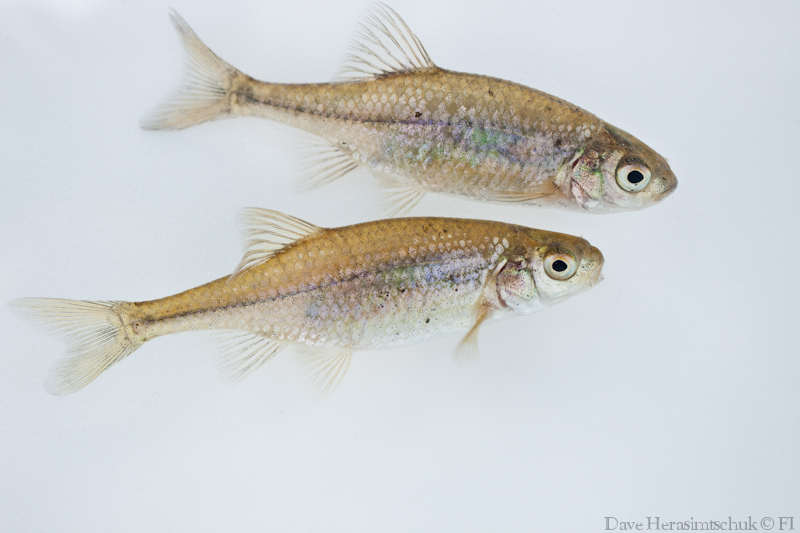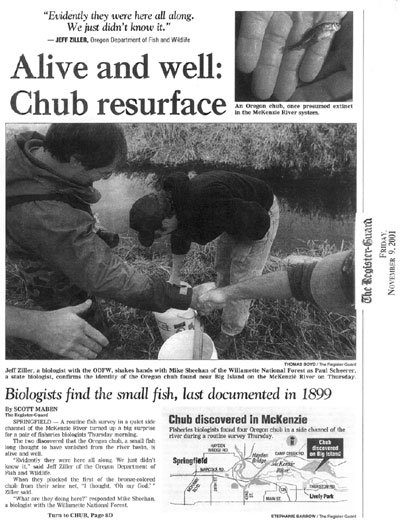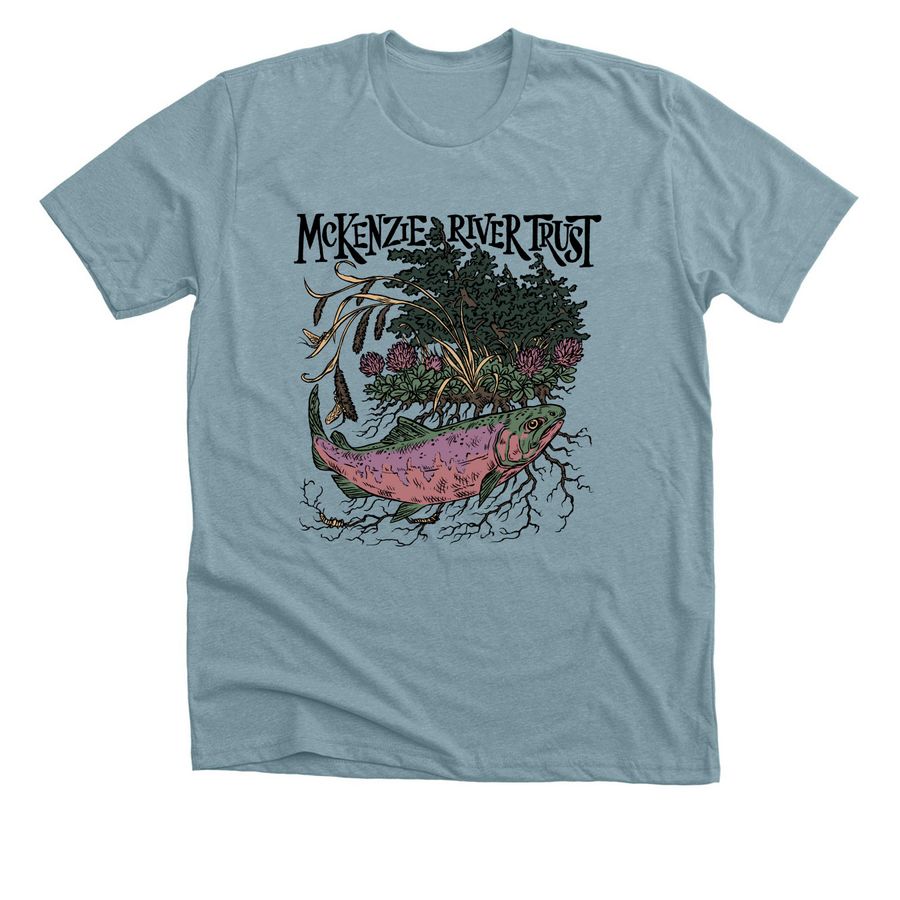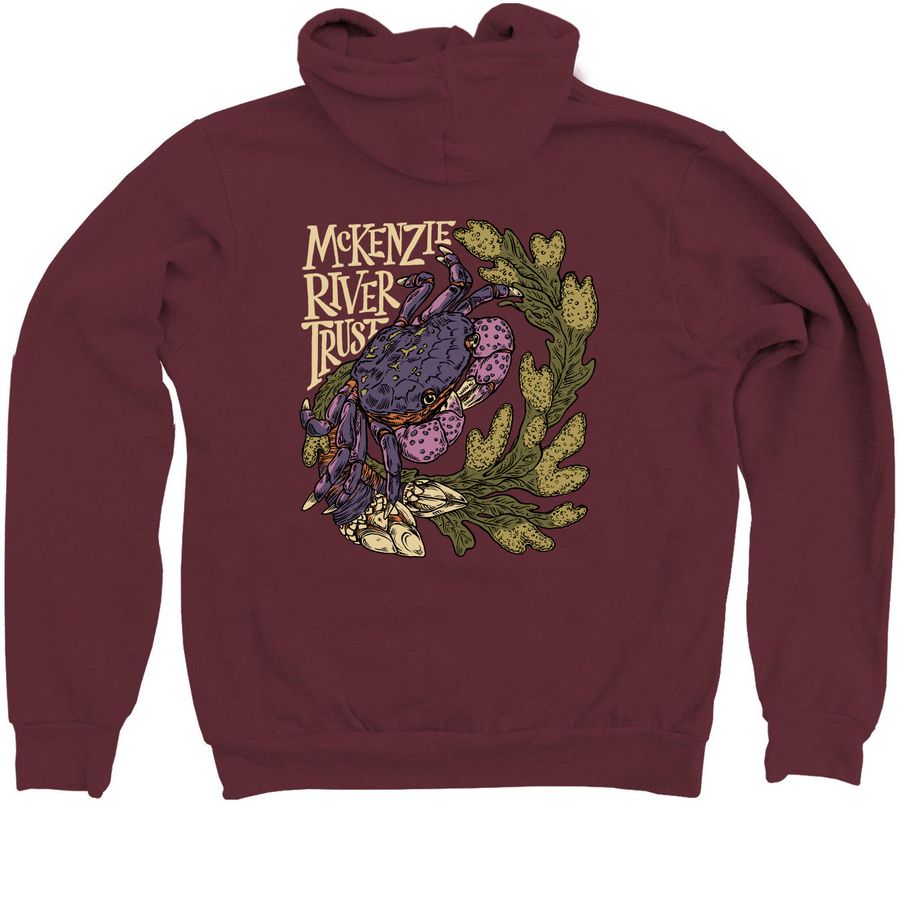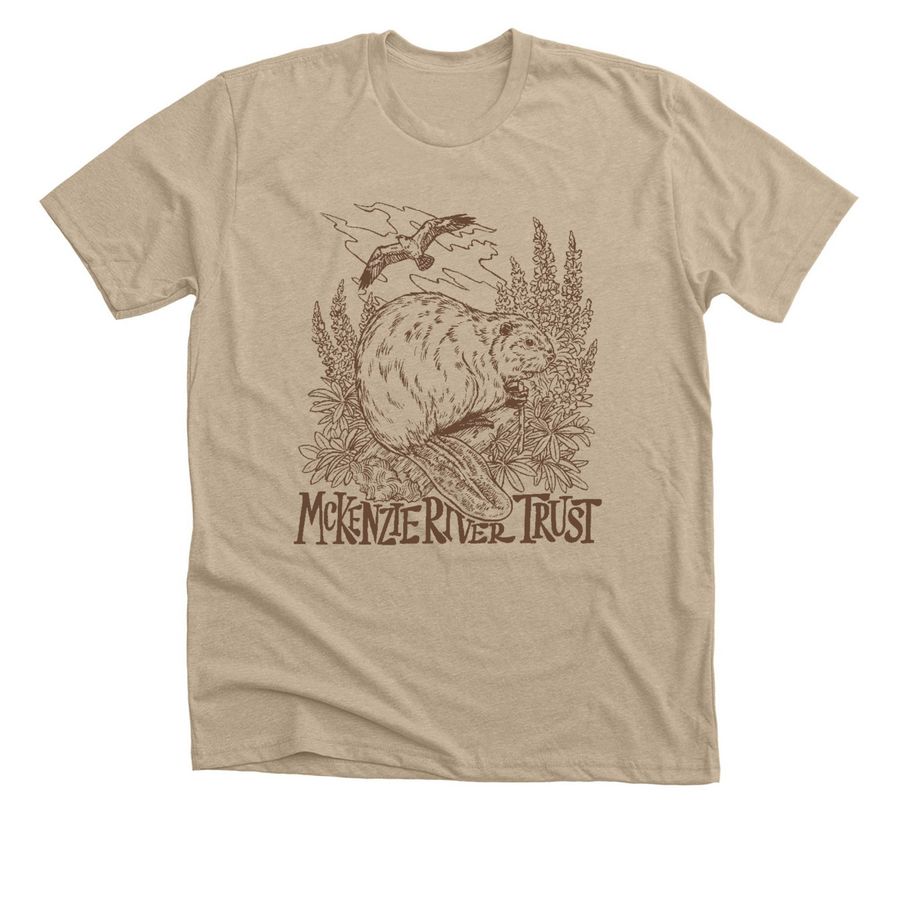McKenzie Oxbow
Owned Property
McKenzie Oxbow was protected in 2007 when the McKenzie River Trust purchased it. Composed of more than 20 acres of oxbow slough, gravel bar, and riparian habitat, the McKenzie Oxbow property is a typical river floodplain feature rapidly disappearing in the lower McKenzie watershed.
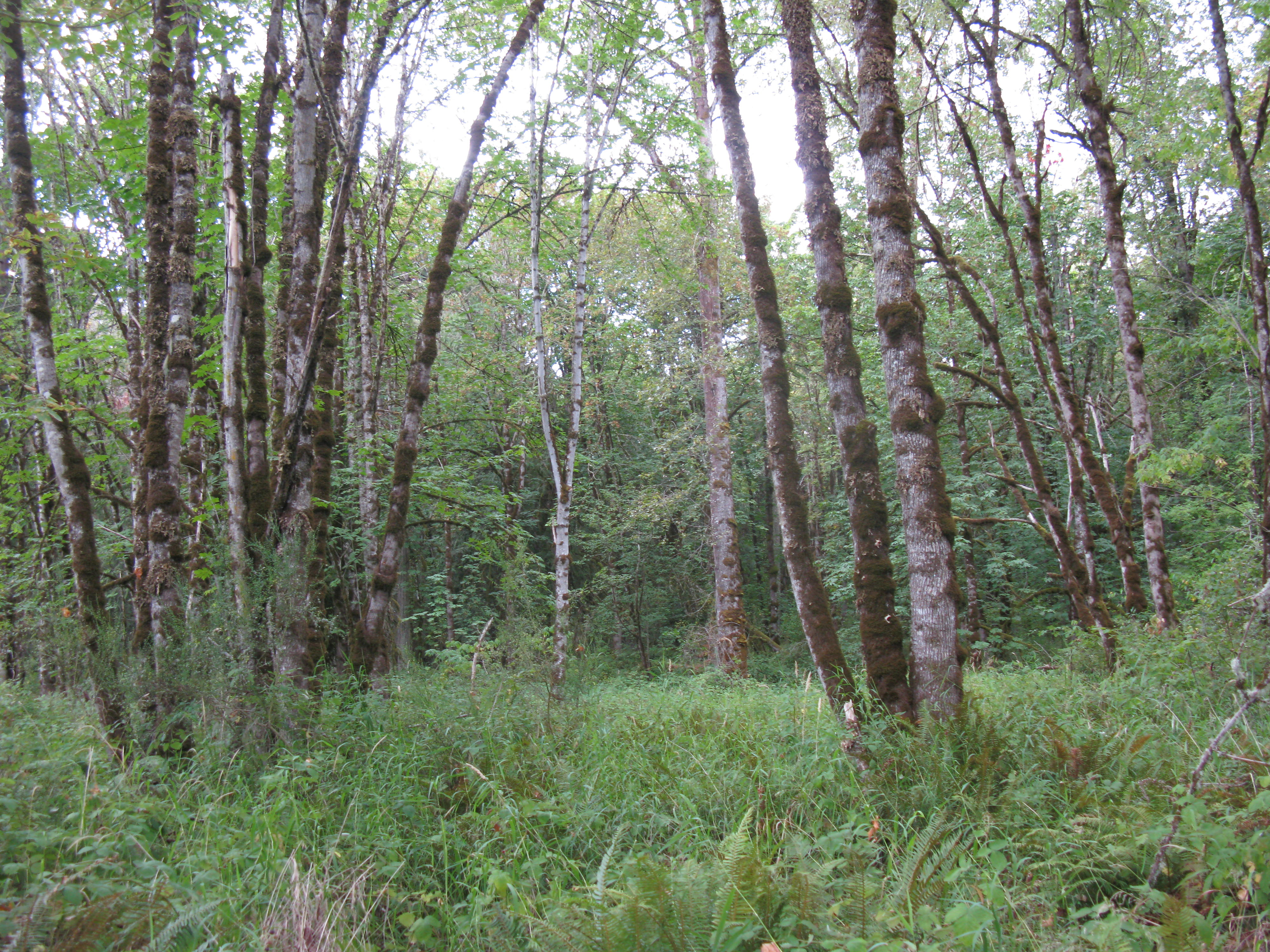
Set on the edges of a meander scar of the McKenzie River past, McKenzie Oxbow provides critical habitat for young salmon, beavers, red-legged frogs, and other important species. This special area boasts diverse floodplain forest with a lush riparian forest.
This special conservation property contains off-channel riverine wetlands and riparian forests. The dynamic nature of the area, due to river fluctuations is increasingly rare in the McKenzie Watershed. Along the water’s edge, shallow seasonally-inundated sloughs and gravel bars provide essential food and refuge for young Chinook salmon, steelhead, bull trout, and other resident trout species. These backwater sloughs on the McKenzie River are essential for the wintering and breeding cycles of many migratory and resident water birds and songbirds. Red-legged frogs, western pond turtles, and other herptiles rely on this habitat and the slough as well as the adjacent open and forested areas for their breeding, food sources, and overwintering needs.
Oregon Chub Make a Comeback
In the summer of 2009 The McKenzie River Trust and the Oregon Department of Fish and Wildlife inventoried the Oxbow channel’s backwater slough and discovered the largest known population of threatened Oregon chub on the McKenzie River.
Once thought to be extinct, Oregon Chub made history in 2014 as the first-ever freshwater fish species to be removed from the Endangered Species Act due to recovery rather than extinction.
